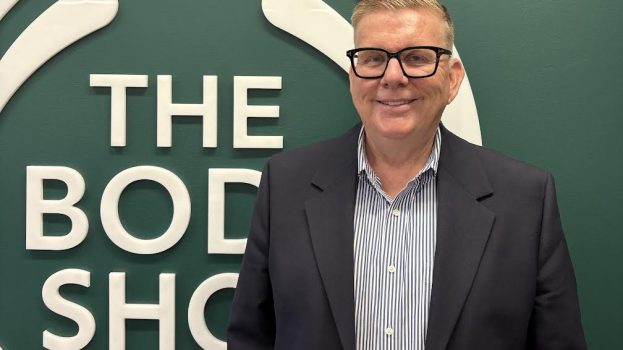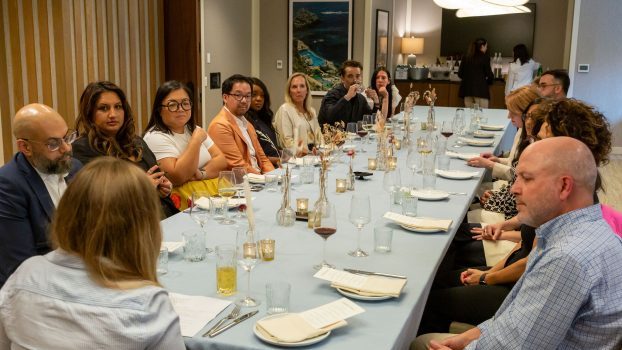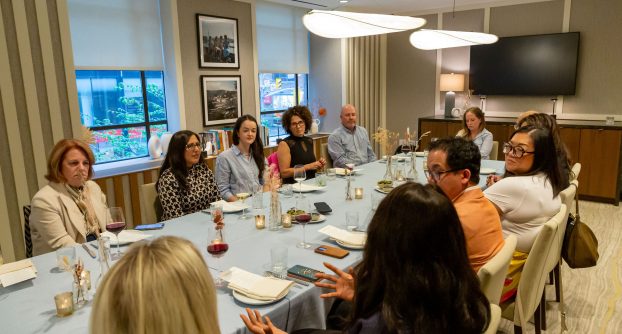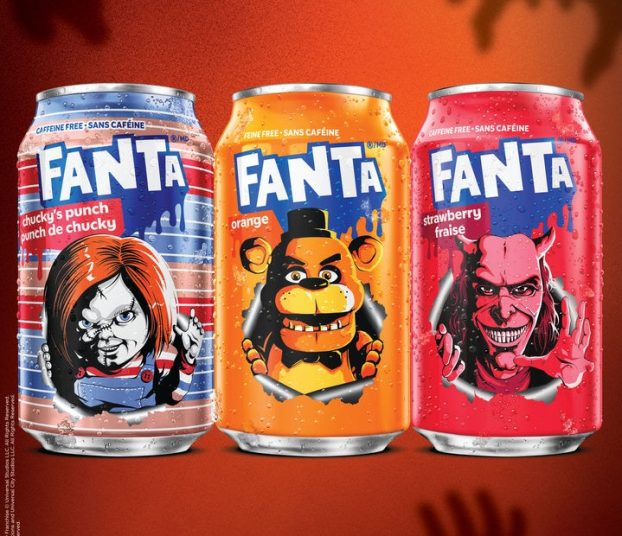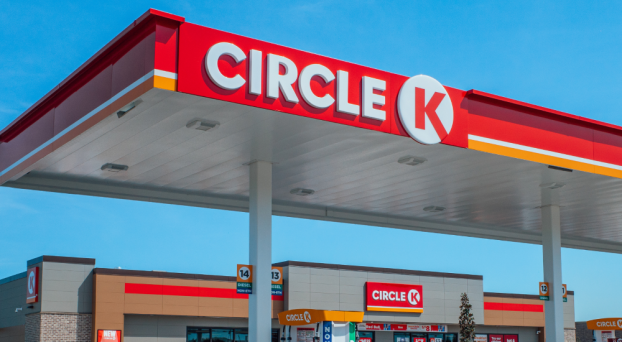Laya Bail and Charlie Iscoe, the husband and wife team behind meat subscription service Sunday Farms, face no shortage of challenges as they look to scale their burgeoning business.
Even as consumer interest in locally sourced, organic and natural products continues to grow, the one-year-old, Ontario-based company will face competition from sustainable meat delivery rivals like ButcherBox and TruLocal – acquired by Emerge Commerce for $16.8 million in January – as well as established meat giants like Maple Leaf Foods, which has sought to align itself with the “real food” movement and pushed heavily into alternative proteins, promising to become “the most sustainable protein company on earth.”
They will need to convince consumers Sunday Farms offers meat of a quality few others currently do, and one that is worth buying, amid a sea of wellness messaging from brands that has left many people feeling overwhelmed, skeptical, and even confused about the meaning of basic labels like organic and “all natural.”
And they will need to accomplish this while continuing to run day-to-day operations themselves, from visiting farms to fulfilling orders and answering routine customer service queries that come through a chatbot on their site.
 But the Toronto natives might just have the experience needed to get the job done.
But the Toronto natives might just have the experience needed to get the job done.
While Bail and Iscoe had no prior food industry experience, they believe their former careers in fashion marketing and finance will help them succeed.
The couple met while working in New York. Bail, a graduate of the fashion marketing program at the Parsons School of Design, spent three years in merchandising at Saks Fifth Avenue and another four in global marketing at Tiffany & Co, before leaving to lead marketing for jewellery brand Roxanne Assoulin.
Meanwhile, Iscoe went straight from university into investment banking, where he spent a decade advising consumer and retail businesses and analyzing investment opportunities in the space.
In the fall of 2019, he and Bail called it quits in hopes of pursuing other interests in life, and they were eventually forced to return to the Bail family farm in Creemone, Ont., during COVID.
After a few months of research, they launched their new venture in July 2020, offering premium, hormone- and GMO-free, 100% grass-fed beef, heritage pork and pasture-raised chicken.
They inspired themselves from Iscoe’s brother Alex, who is also a partner in the business and who had been sourcing meat directly from local farmers since having started a family a few years prior.
“The reality is that accessing the kind of quality that Alex was, and that we are now, is super time consuming. And there are just so many barriers to it,” says Bail. “That’s when we recognized there was a real need to make this quality more easily accessible for people.”
Sunday Farms operates on a subscription model that customers can customize according to their needs. Plans range from $159 per month (for a “starter” shipment including seven to nine pounds of meat) to $349 per month (for large, family-friendly packages containing 22 to 26 pounds of meat). Customers choose the meats they want, and the orders are delivered to their door at an overall cost that the company estimates is 20% lower than typical retail prices.
“It’s a combination of quality and convenience,” Iscoe says of the company’s value proposition. “We’re uniquely positioned to provide a convenient solution for Canadian consumers looking for quality products that they can trust.”
Initially only available in Toronto, Sunday Farms has now expanded to other areas of the GTA, serving customers as far as Hamilton, Milton, Newmarket and Bowmanville. And it hopes to be active throughout most of Southern Ontario before the end of the year.
From day one, Bail helped set a brand identity for Sunday Farms that attempts to capture its commitment to transparency and quality. In doing so, she says she pulled from her time working with both small and large marketing teams. While the former gave her a solid view of the entire marketing ecosystem, the latter helped her develop that “do it yourself muscle” and a nimbleness that is useful when working with smaller budgets and no one to delegate to.
Part of the brand’s mission is to help educate consumers about ethical and sustainable meat consumption, something Bail says will be easier to do post-COVID when it can potentially invite customers to visit the farms and see for themselves.
Whereas many young companies outsource their early brand development work, it’s been a “core competency and something we’ve had since launch,” she says. “And that helped us launch with a consistent voice and message.”
Meanwhile, Iscoe, which the pair describe as the “analytical mind” behind the business, has also put his background to work. “It helped in the very early days in terms of understanding the business opportunity in front of us, figuring out if all of that work from a branding and vision and mission idea that Laya came with was viable and was actually good potential for a new business and new venture,” he says.
Since its launch, the company has relied heavily on word-of-mouth to drive new customer acquisitions. It has more recently started testing mailers and other advertising channels. But one of its largest sources of new customers remains its referral program, through which customers get $50 off, says Iscoe.
The founders declined to share details of their current sales or subscriber numbers. And while they have no pre-pandemic benchmark to measure against, Iscoe believes COVID has created some “positive tailwinds” for the business.
“It exposed some of those ugly sides of our centralized meat system,” he says, noting that major meat packing plants experienced COVID outbreaks early on in the pandemic. “For a lot of consumers, this was a bit of a wake up call.” He says it helped them “think a little bit more about where your meat was coming from, and also understand the vulnerability of having [most] of our meat coming from a few mega plants.”
Photo credits: Laya Bail (top), Britney Townsend (right) Elaine Fancy (bottom).



